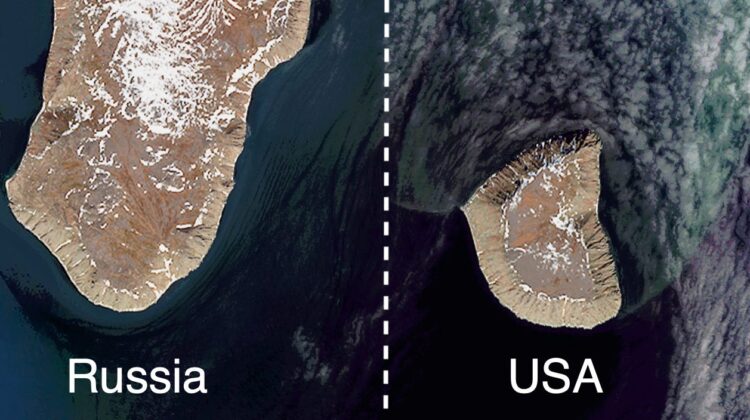
In the frigid waters of the Bering Strait, nestled between mainland Alaska and Siberia, lie the Diomede Islands—an intriguing duo separated by a mere three miles but connected by an extraordinary temporal paradox. Big Diomede, situated on the Russian side, and Little Diomede, on the U.S. side, coexist in a unique dance with time, thanks to their proximity to the International Date Line.

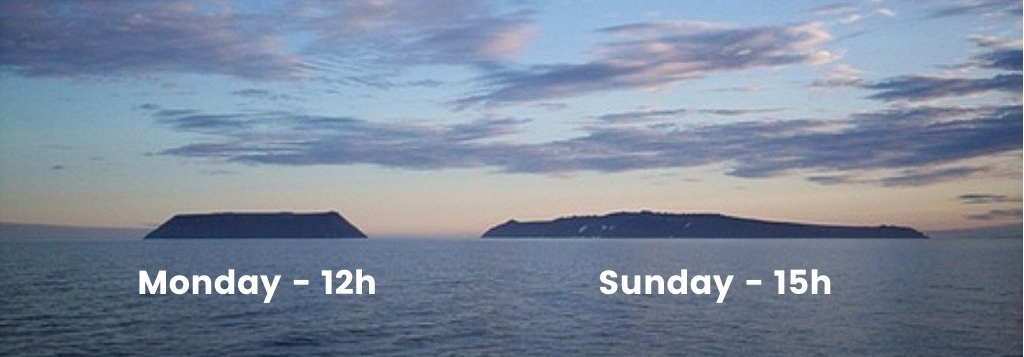
This geographical oddity has earned the islands playful monikers: Tomorrow Island for Big Diomede and Yesterday Island for Little Diomede. Despite their close proximity, a 21-hour time difference separates them, a consequence of their alignment with the International Date Line and the intricacies of locally defined time zones (20 hours in summer).
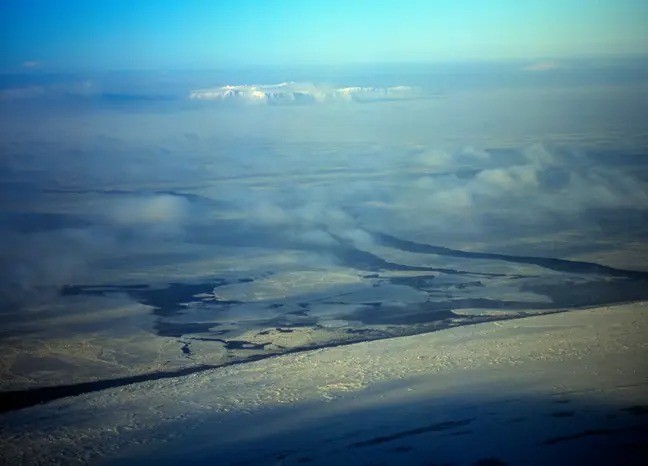
Ramil Gumerov, a former soldier who served on Big Diomede, describes the experience as a “real time machine,” allowing them to witness events of yesterday in real-time. The islands, though separated by a geopolitical border, offer a fascinating glimpse into the coexistence of past and future within a few miles of each other.
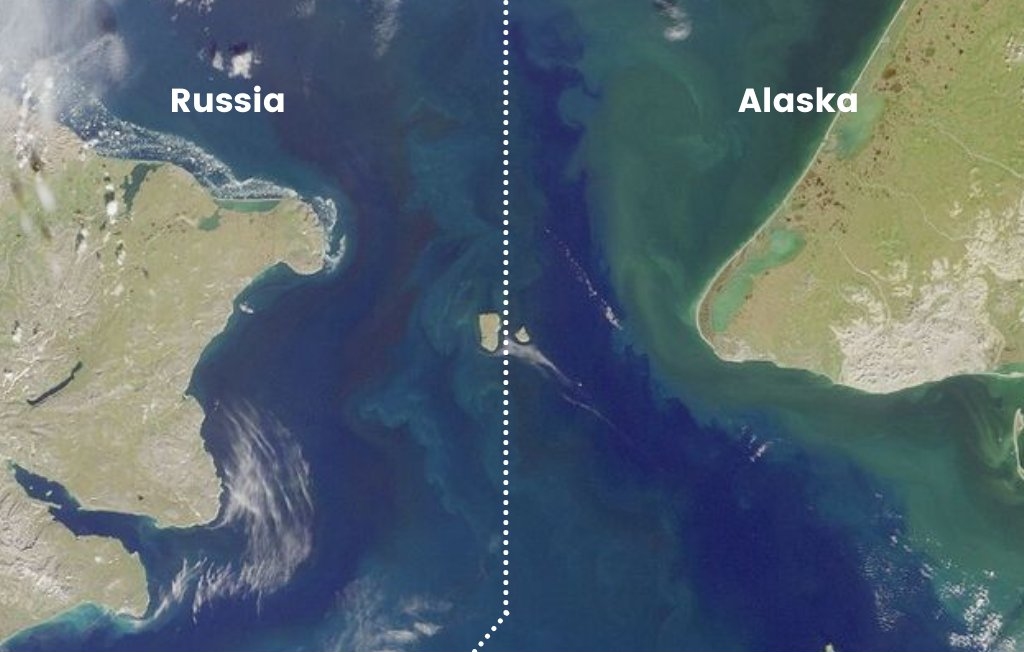
The islands, once part of the same realm during the 17th century, became divided when Russia sold Alaska to the U.S. in 1867. This division led to a peculiar situation for the indigenous inhabitants—the Eskimos—who found themselves in the same time but different dates scenario. The Eskimos were granted visa-free travel to facilitate visits between the islands, ensuring they could connect with relatives despite the temporal divergence.
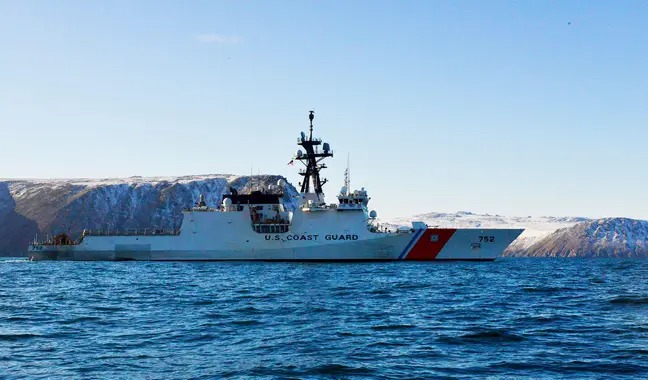
Legend has it that after the Eskimos left Big Diomede, a shaman cursed the island, and some claim that, since then, mysterious deaths have occurred. Gumerov reflects on the harsh conditions of life on the island—nine months of winter, freezing temperatures, and thick fog covering Big Diomede for 300 days a year. The island’s isolation is emphasized by infrequent helicopter flights delivering supplies and mail only once every two to four months.
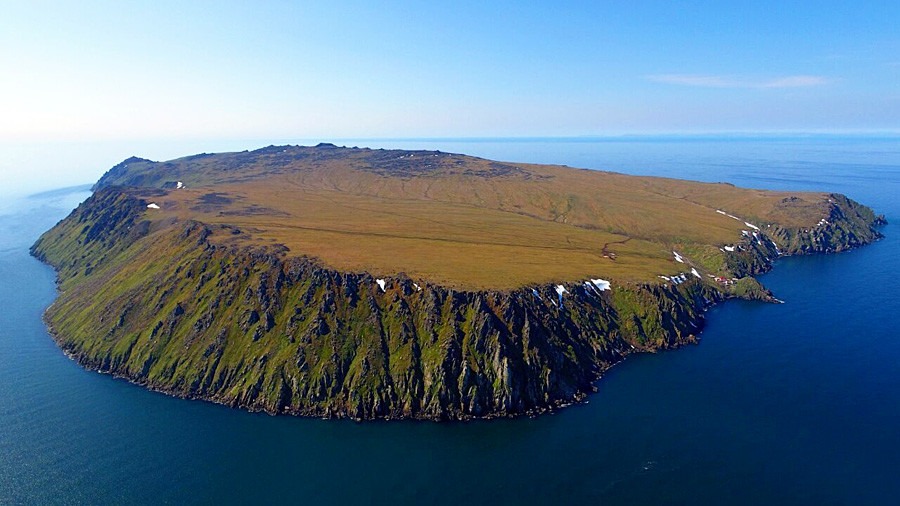
During the Cold War, the border between Big and Little Diomede earned the moniker “Ice Curtain.” However, in 1987, American long-distance swimmer Lynne Cox made history by swimming from Little Diomede to Big Diomede in approximately two hours, braving the icy waters and symbolically breaking the Ice Curtain. This courageous feat was recognized by both Mikhail Gorbachev and Ronald Reagan, highlighting the power of human connection over geopolitical divides.
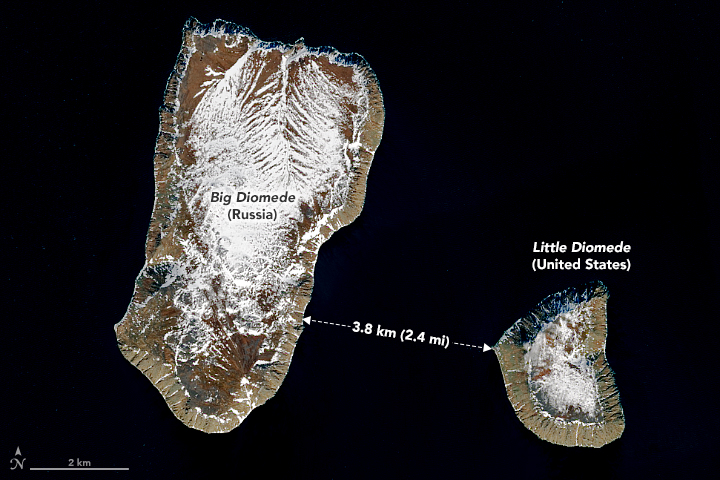
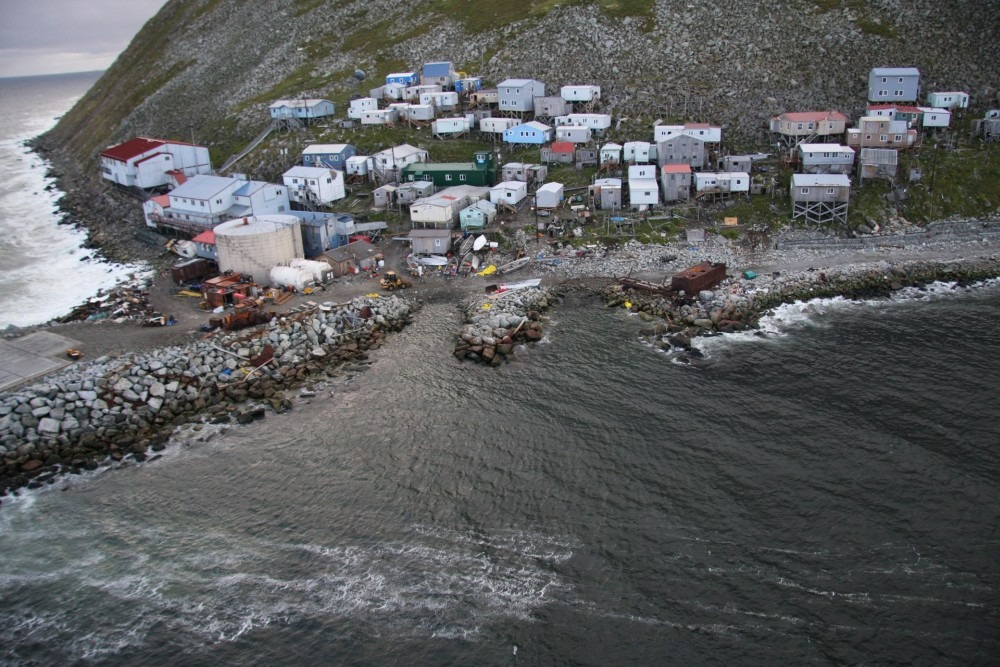
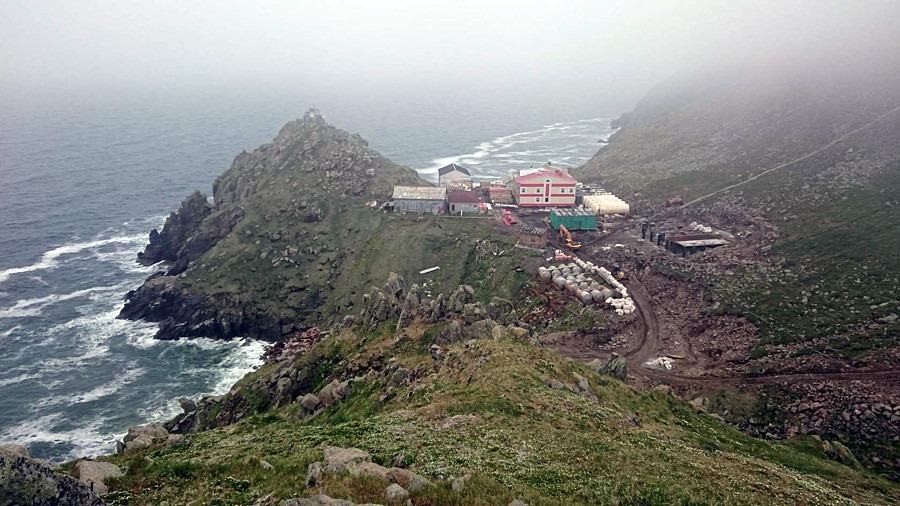
As the islands continue to exist in their temporal duality, Tomorrow Island and Yesterday Island stand as a testament to the interplay of time, borders, and the enduring spirit of those who inhabit these remote corners of the world.

the information provided in your article provides absolutely no relevant information in terms of the next thousand years when the human race will no longer be inhabiting the planet except for a few retarded monkeys formally considered less than humans who managed to escape extermination practices of the time. Due to their disinterest in procreation practices being the only entertainment worthy of their attention and the availability of suitable members of the opposite gender., sad but true. they preferred less challenging forms of entertainment. Getting in or out of bed was just beyond their intellectual abilities. much less attempting intercourse. To bad so sad.
Eh thatmakesverylittlesense
“To bad”? Someone this pretentious and condescending should be more capable of spelling, or at least using the spell check on your phone.
Otherwise, I should ask, “to bad what, so sad?”
It is indeed unfortunate that your attempt at high-handed humor had to fall flat to the ground, burdened by your lack of attention to detail.
In short, you are a load your mother should have swallowed.
What?
Hello colleagues, how is all, and what you desire to say
about this article, in my view its actually remarkable in favor of
me.
I live on Medium Diomede.